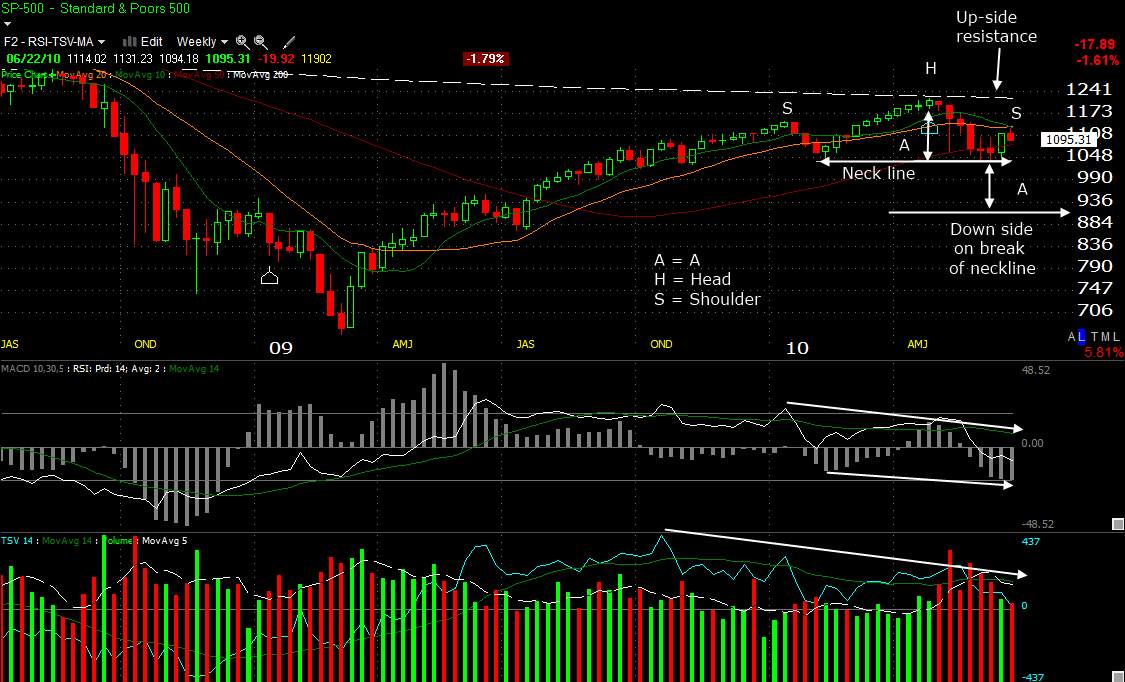|
|
5 Markets Herald Important Strategies To Invest In Stocks
It's not difficult to invest in stocks. It's not hard to locate companies that beat the market repeatedly. You need stock tips to assist you in selecting companies that beat the market repeatedly. The below strategies courtesy of Markets Herald will deliver tried-and-true rules and strategies for investing in the stock market.

1. When you enter the room, be aware of your feelings
"Successful investing doesn't require the ability of an individual... what you need is the grit and determination to be able to resist the desires of others that can lead them into financial difficulties." Warren Buffett, Chairman of Berkshire Hathaway, is an investor's guru and role model, who has been quoted as declaring this.
Before we begin, let's give you one advice. We recommend not investing in greater than 10% in individual stocks. The rest should be put into index funds that are low-cost. The funds you'll need over the next five years should not be put in stocks. Buffett means investors who follow their minds in their investing decisions and not go with their gut feelings. Trading overactivity that is triggered by emotions could be among the most common reasons investors lose their portfolio's returns.
2. Choose companies, not ticker symbols
It is easy for people to overlook the fact that there's an actual business behind each CNBC broadcast's alphabet soup of stock quotes. Stock picking shouldn't be an abstract concept. Be aware that you are an the owner of a business when you purchase shares.
"Remember that purchasing a share in a company's stock is the best way to become owner of the company."
When you are evaluating potential business partners, there will be plenty of data. It's much simpler to narrow down the data when you're wearing a "business buyers" hat. You need to understand how your company's operations are conducted, where it is within the marketplace and who its competition is and what its future prospects are, and whether or not it will add value to the current businesses you have.

3. Don't be afraid during moments of panic
Investors are often tempted to change their stock-to-stock relationship. The common error in investing of purchasing high and selling cheap is often made when you're stressed. Journaling is a great tool. Note down the factors that make each stock in your portfolio worthy of a commitment and, if your mind is clear, the conditions that could justify a breakup. Consider this scenario:
What I'm buying: Let us know what you think is appealing about the company. And what future possibilities you can see. What do you expect from the company? What are your most important metrics? what milestones will you determine the company's progress? The risks that might befall you and the best way to spot these.
What will cause me to sell: Sometimes there are reasons that warrant splitting in two. Create an investment plan that explains the reason you should consider selling the shares. It's not about price movements and especially not the short term, but fundamental changes to the business that affect its ability to expand over the long-term. There are a few examples: Your investment thesis is not realized after a reasonable period of times and the CEO loses a crucial customer, or the successor to the CEO steers the business in the opposite direction.
4. You can build gradually your position
Timing is not the investor's best friend. Investors who are successful buy stocks because they anticipate to be rewarded -- via dividends, price appreciation for shares and dividends, etc. over a period of time or even for many decades. This means that you can also take your time buying. There are three ways to reduce volatility in price:
Dollar-cost average: While it seems complicated, it's actually quite simple. Dollar-cost averaging is the process of investing a set amount over a period of time. For example, every week or month. The set amount is used to purchase more shares when the stock price drops and less shares when it goes up However, in the end, it evens out the average price you pay. Online brokerages allow investors to set up an automatic investing schedule.
Buy in Thirds: Similar to dollar-cost Averaging, "buying In Thirds" can help you avoid the painful experience of experiencing poor outcomes right away. Divide the amount you'd like to invest by three and then just like the name suggests choose three distinct points to purchase shares. The purchase dates can be set to be repurchased at regular intervals (e.g. every quarter or month) or based solely on company performance. For instance, you could purchase shares right before a product launches and put the next three percent of your earnings towards it if it's successful or you can divert it to another source when it's not.
The "basket" It's tough to determine which company is going to win over the long haul. Buy all of them A portfolio of stocks can ease the burden of choosing "the one." It's simple to put stakes in all stocks that meet your analysis. If one of them succeeds, you won't miss out and you can make up for losses by gaining from that winning stock. This strategy can help you determine which firm is "the one" and you may make a move to double your stake if want to.

5. Avoid trading too much
You should be checking stocks at least once per month when you receive quarterly reporting. It's not easy to keep an eye on your scoreboard. This can lead to overreacting to short-term events and focusing on the share price instead of company value, and feeling that you have to act but there's no reason to do so.
Learn the cause of the stock's dramatic price swing. Is your stock being affected by collateral damage? Do you notice any differences in the underlying company business? This could affect your outlook for the future.
Very rarely is short-term noise relevant to the long-term performance. It's the way that investors react to the noise that is crucial. This is where your investing journal can serve as a reference to help you persevere through the inevitable fluctuations and ups that accompany the investment in stocks. |
|